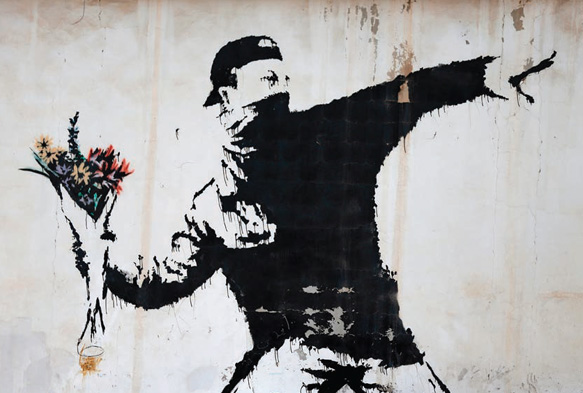
We are blind to the fact that the greed, the wars, and the violence that we see being played out on a world stage (and which we blame politicians and world leaders for) are, to a large extent, merely a magnification of what is happening inside of our own hearts and among us in our private relationships. There can be no peace on the big stage when there is greed, jealousy, unwillingness to forgive, and unwillingness to compromise within our private hearts.
There are many aspects to waging peace. The social justice literature of the past decades has given us a crucial insight which should never again be lost, namely, that private virtue and private charity, alone, are not enough. There is sociology as well as psychology, systemic evil as well as private sin. In the face of unjust systems and corrupt governments, Christians cannot get away with simply practising private virtue and saying to their less fortunate neighbours: “I wish you well. (Stay warm and well-fed!) I’m a good and honest person, I did nothing to cause your suffering!” There are real social and political issues underlying war, poverty, oppression, and violence. Peace-making must address these.
There is a story told about a Lutheran pastor, a Norwegian, who was arrested by the Gestapo during the Second World War. When he was brought into the interrogation room, the Gestapo officer he placed his revolver on the table between them and said: “Father, this is just to let you know that we are serious!” The pastor, instinctually, pulled out his bible and laid it beside the revolver. The officer demanded: “Why did you do that?” The pastor replied: “You laid out your weapon – and so did I!” In waging peace we must keep in mind what our true weapons are and who the real enemy is. [Excerpt from Ron Rolheiser’s “Waging Peace” April 1994]
